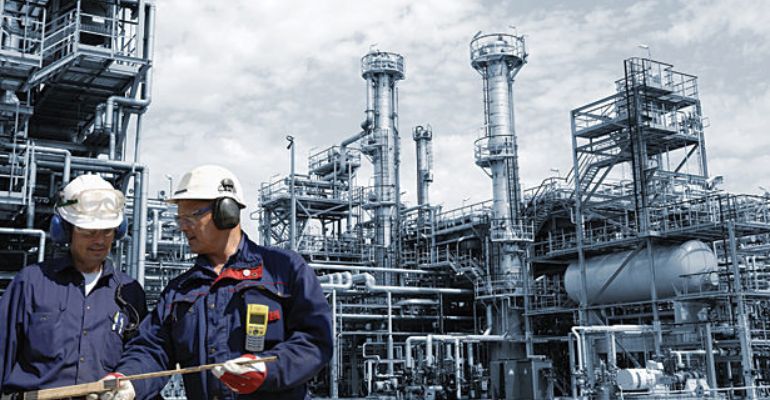
Heat Engineering
Heat engineering is a specialized field of engineering focused on the design, analysis, and optimization of thermal systems to achieve efficient heat transfer, energy conservation, and enhanced performance. It encompasses a broad range of applications across various industries, including manufacturing, energy production, HVAC (Heating, Ventilation, and Air Conditioning), and transportation.
Key Components
- Thermodynamics: Heat engineering relies heavily on principles of thermodynamics to understand how heat energy moves within systems and how it can be effectively utilized or controlled. Engineers analyze factors such as temperature gradients, heat flux, and heat capacity to optimize thermal processes.
- Heat Transfer: Understanding heat transfer mechanisms such as conduction, convection, and radiation is fundamental to heat engineering. Engineers employ techniques to enhance heat transfer rates, such as increasing surface area, improving fluid flow, or using thermal insulation materials.
- Fluid Dynamics: Fluid dynamics plays a crucial role in heat engineering, particularly in applications involving fluid flow and heat exchange. Engineers study fluid behavior to design efficient heat exchangers, boilers, and cooling systems, maximizing heat transfer while minimizing pressure losses.
- Thermal System Design: Heat engineers design and analyze thermal systems such as boilers, furnaces, heat exchangers, and HVAC systems to meet specific performance requirements. This involves selecting appropriate materials, sizing components, and optimizing system configurations for maximum efficiency and reliability.
- Energy Efficiency: Energy conservation and efficiency are central objectives in heat engineering. Engineers focus on minimizing energy losses, optimizing thermal processes, and implementing innovative technologies such as waste heat recovery systems and cogeneration to maximize energy utilization and reduce environmental impact.


